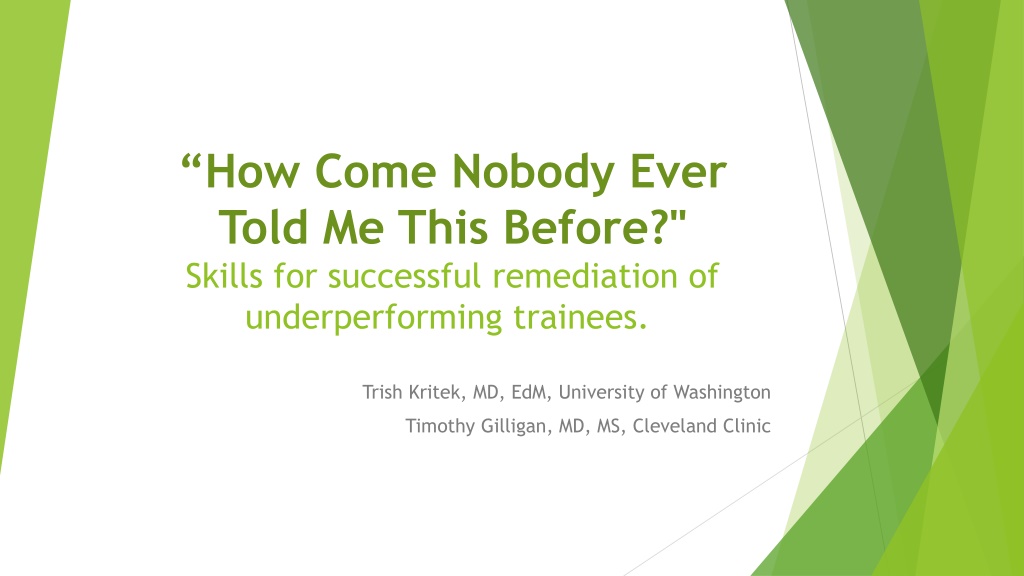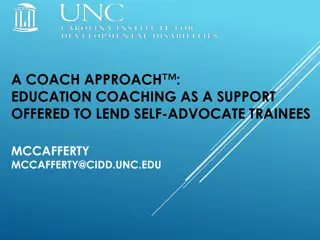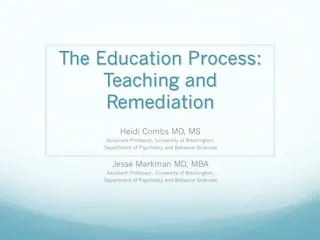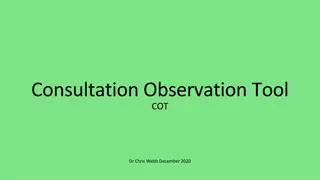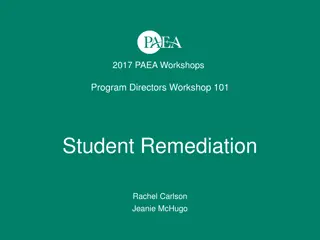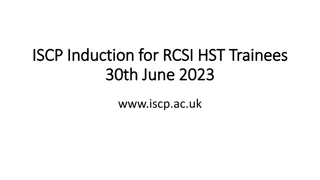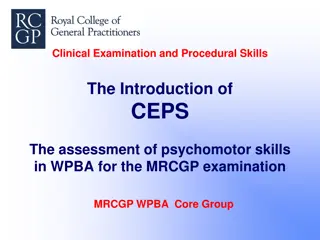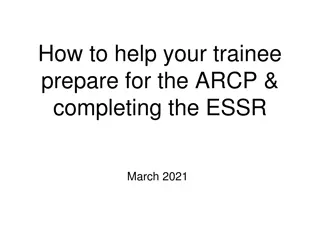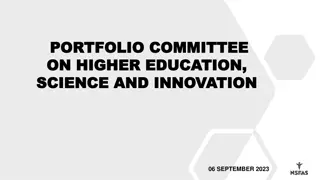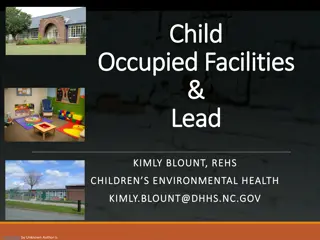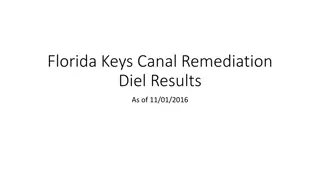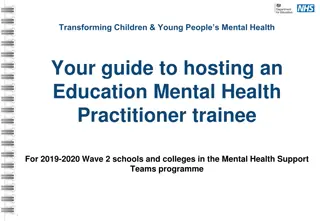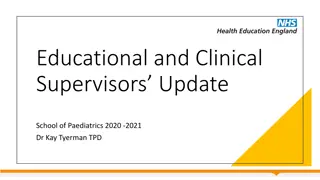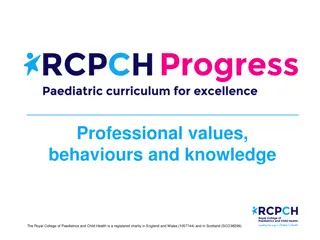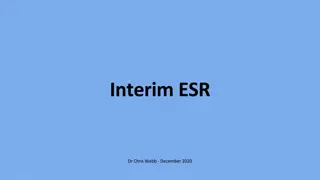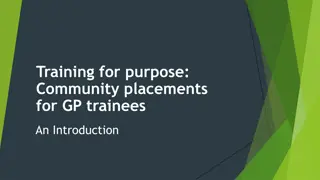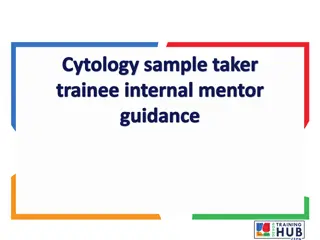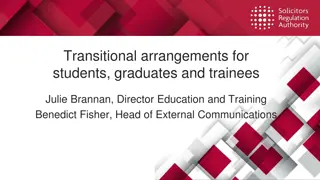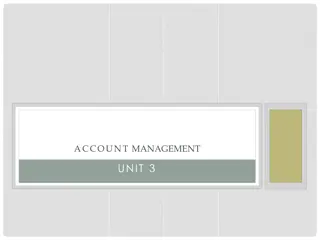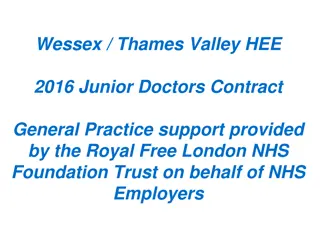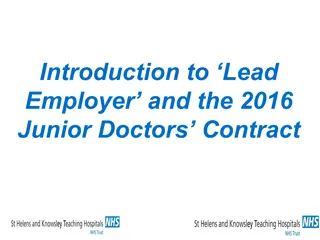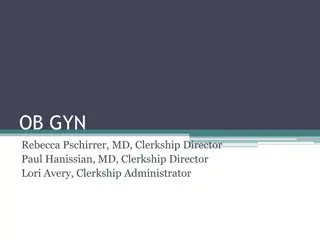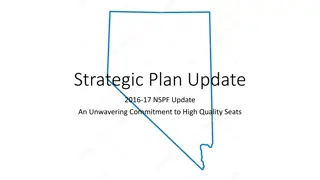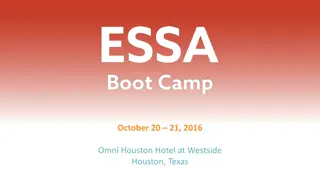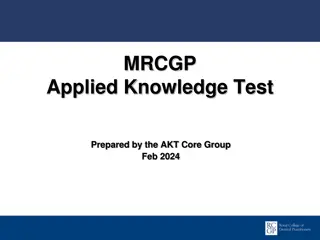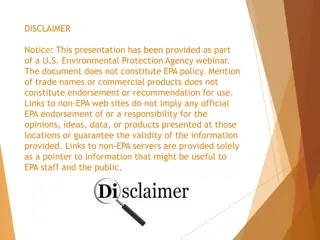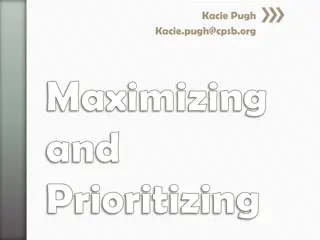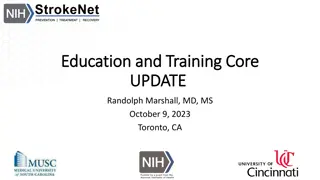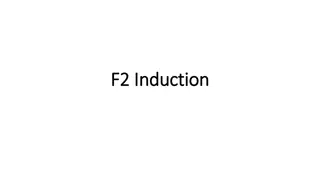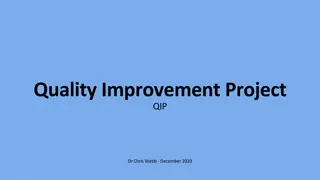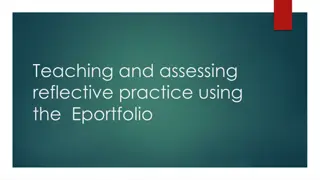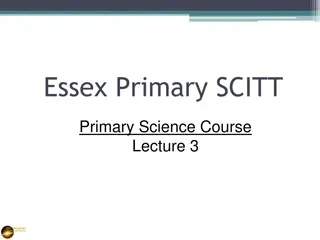Skills for Successful Remediation of Underperforming Trainees
In this resource, Trish Kritek, MD, EdM, from the University of Washington, and Timothy Gilligan, MD, MS, from the Cleveland Clinic, share insights on remediation strategies for underperforming trainees. Key concepts include focusing on outcomes, providing structure and accountability, honing communication skills, ensuring trainee ownership, and maintaining the relationship throughout. The material also covers diagnosis of deficit categories, prework requirements, and effective feedback practices.
- Remediation strategies
- Trainee development
- Communication skills
- Feedback practices
- Medical education
Download Presentation

Please find below an Image/Link to download the presentation.
The content on the website is provided AS IS for your information and personal use only. It may not be sold, licensed, or shared on other websites without obtaining consent from the author. Download presentation by click this link. If you encounter any issues during the download, it is possible that the publisher has removed the file from their server.
E N D
Presentation Transcript
How Come Nobody Ever Told Me This Before?" Skills for successful remediation of underperforming trainees. Trish Kritek, MD, EdM, University of Washington Timothy Gilligan, MD, MS, Cleveland Clinic
Key Concepts for Remediation Prework Focus on Outcomes Provide Structure and Accountability Pay Attention to Communication Skills Trainee Owns It Attend to the Relationship Throughout
Diagnosis: Deficit Categories Professionalism Medical Knowledge Clinical Reasoning Interpersonal & Communication Skills Physical Exam & Procedural Skills
Language Feedback Evaluation Guidance for improvement Assessment of competency & achievement Forward looking Looking back Often delivered in real time May or may not be actionable Actionable
#1 Create a Culture of Feedback
Set expectations Identify feedback Establish mutual goals Safe Environment Reinforce the positive Make it bidirectional Rider and Longmaid, JAMA 1995
Transparency test Imagine telling the people your strategy. Alex and Stacey, I have some negative feedback to give you. I ll start with some positive feedback to relax you, and then give you the negative feedback, which is the real purpose of our meeting. I ll end with more positive feedback so you won t be so disappointed or angry at me when you leave my office. How does that work for you? Roger Schwarz, Harvard Business Review, April 19, 2013 hbr.org
An alternative approach What do you think you are doing effectively? This is what I think you are doing effectively . What would you like to do differently to be more effective? I d like to share what I see as your biggest opportunity to improve your performance.
#2 Create a Culture of Appreciation
#3 Invest sufficient time and energy
Step-wise Process Thought Planning Observation Bing-You and Trowbridge, JAMA, 2009.
#4 Make it Bidirectional Reciprocity
#5 Make it specific and about behaviors Distinguish impact from intention
#6 Establish Accountability
How this could work Specific behavior Feedback Change applied Response
Components of an effective remediation plan 1. Trusting relationship 2. Clear goals with measurable short & long-term outcomes 3. Specific actionable plan, timeline. What will you do when? 4. Access to effective remediation resources 5. Articulated consequences of failure to implement plan and to achieve agreed upon goals. What is at stake? 6. Written documentation
What can help you? Earn the fellow s trust Remain curious, open-minded and empathic It is in both your and the fellow s interest to succeed Work in a learner-centered fashion ID faculty with strong skills in area needing remediation e.g., Who is rated highly for teaching clinical skills? Meet regularly for progress reports / reassessment
